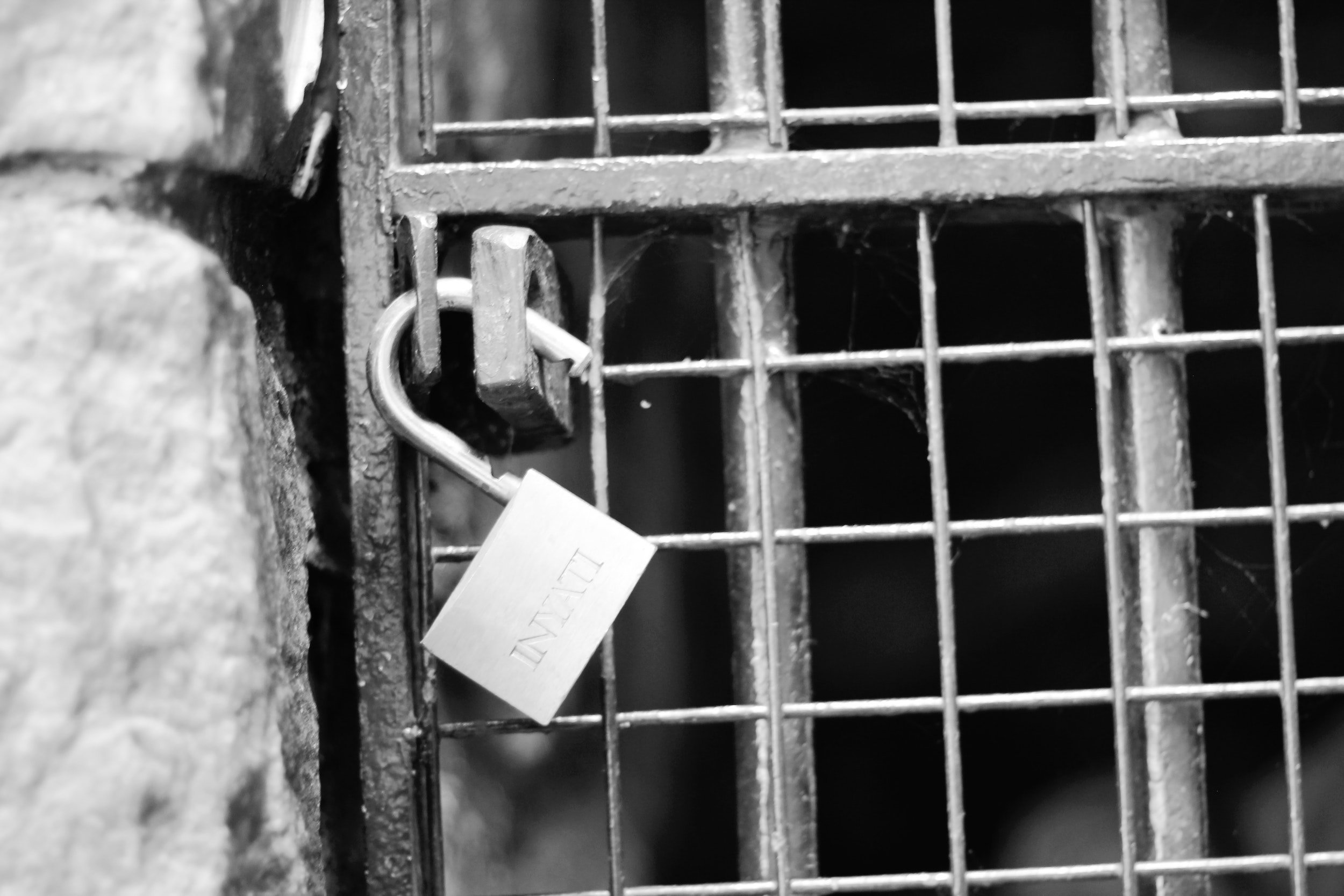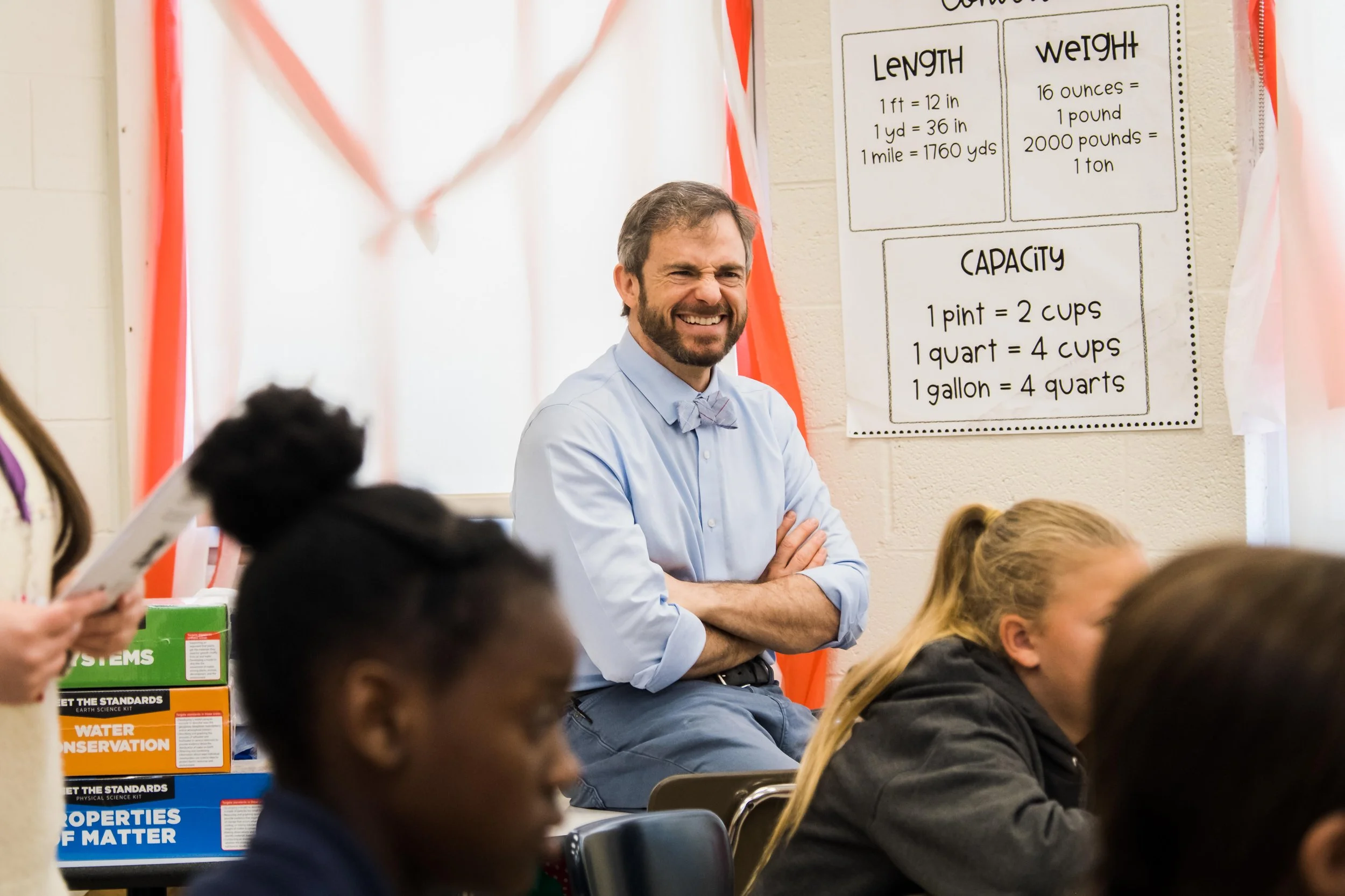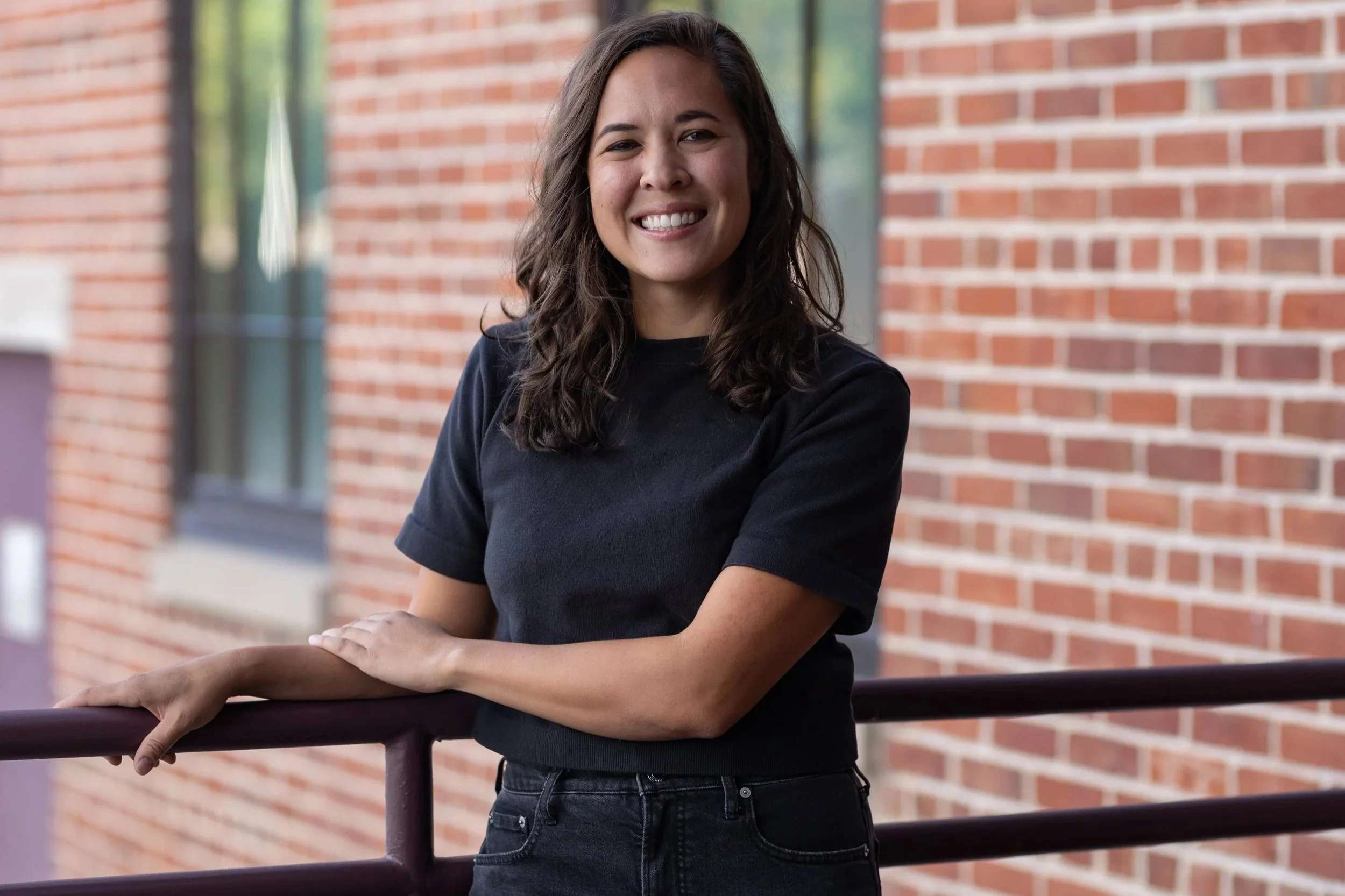The power of lived experience
Sean Pica clearly recalls the day he left prison.
“I walked—a free man for the first time in 16 years—into a world I did not know. I would soon find out that once inside, you never really get out. The prison walls, though left behind, will never set you free. They loom forever in your mind’s eye.”
As of 2019, there were more than 2 million people incarcerated in the United States. Roughly 600,000 people are released each year from the criminal justice system—67.8 percent of them will be arrested again within three years of release. The strongest predictors for whether someone will be rearrested are poverty and lack of economic opportunities. Former inmates struggle to find stable housing, employment and a supportive community.
Sean’s lived experience has made him a powerful voice for addressing the many challenges of recidivism.
After leaving prison, Sean helped found Hudson Link for Higher Education in Prison, an MFF partner organization. Hudson Link provides college education, life skills and reentry support to incarcerated people in New York State so they can lead a fulfilling life. As of 2022, the organization has awarded more than 750 college degrees to current and former inmates and helped more than 1,200 students and graduates enter society after their release from prison. Sean is one of Hudson Link’s founding members and an alumnus of the class of 2001.
Another MFF partner, FreeWorld, develops innovative tech solutions to solve the main challenges people face upon leaving prison. Their CEO, Jason Wang, was sentenced to 12 years in prison at 15 years old and served three and a half. After reentering society, he felt it was his duty to give back.
“At FreeWorld, we are the community we serve,” Jason said, “We deeply understand the challenges that our communities face, and that gives us a unique insight into potential solutions to solve the problems faced during reentry.”
FreeWorld covers housing, transportation, identification, banking, training, credit score improvements and financial/transitional planning. They have served over 2,000 formerly incarcerated people around the nation, helping to build pathways into six-figure careers in the trucking industry, creating over $19 million in economic impact and saving an estimated $3.9 million in recidivism and social safety net costs. Ninety-eight percent of FreeWorld graduates earn a job within four weeks of graduation.
Both Hudson Link and FreeWorld focus on solutions that incorporate education, life skills and career training and community. Both organizations employ formerly incarcerated people within their own staff, like Sean and Jason themselves. This combination of solutions equips formerly incarcerated people with the tools they need to secure a stable job, helps them establish necessities like housing and finances, and gives them a community of people who understand what they have been through.
There are several differences in their approaches, though. There is more than one way to successfully address the multi-faceted challenge of prison recidivism.
Hudson Link begins working with inmates while they are in prison and continues support after release. They partner with other nonprofit organizations to provide wraparound services and help place graduates in a variety of careers.
FreeWorld begins working with participants after they are released and all are trained for careers in trucking. FreeWorld uses tech to provide wraparound services. Graduates of their program stay in touch via a Slack community. Successful graduates who make over $3,000/month pay a portion of their salary forward to help others train with FreeWorld.
“By paying it forward, students have an opportunity to reinvest in their own communities and help someone who was in the same position get ahead in life,” Jason explained. “These are also powerful examples that can help change perceptions of returning citizens. I’ve heard people refer to [incarcerated people] as ‘leeches’ in society. This turns that argument on its head.”
Despite their different approaches, Hudson Link and FreeWorld share a core underlying belief—that people released from prison can be happy, contributing members of society if they receive the right support. It’s clear that this belief has merit. Among graduates of FreeWorld and Hudson Link programs, the recidivism rate is less than two percent.
But even the most impressive statistics can’t capture impact the way people’s stories can.
Gregory, a Hudson Link graduate, spent 27 years in prison. He spent much of that time obtaining an education. He credits his education and the support he received from Hudson Link with helping him rebuild his life after release.
“You can learn a lot of things academically in prison, but family is the hardest thing to readjust to on the outside,” he said. “Sean and Hudson Link have been family to me when I had none. They have taught me how to become part of a family.”
Raul Malave spent most of his adult life in and out of prison, until he was introduced to FreeWorld. Now in a successful career as a trucker, he has his own place and a savings account and he saw his family for the first time in more than 25 years. He attributes his lasting success to FreeWorld and its staff.
“When they say they are with you until you reach your goal, they mean it,” Raul said.
Learn more about Hudson Link and how to donate.




